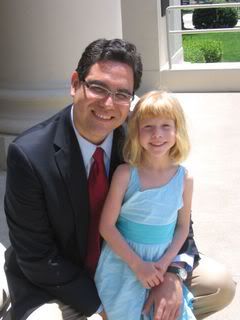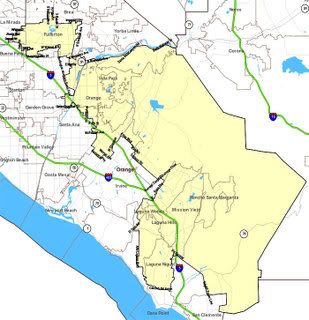By Dave Johnson, Speak Out California
For decades people have been hearing that government “spends too much.” They have been hearing that it’s spending cuts that we need, not tax increases. They’ve been hearing that most of the government’s money is spent on “waste, fraud and abuse.” They’ve been hearing that it mostly goes to welfare, for people who won’t work and sit around all day. They’ve been hearing that taxes are too high, the highest in the world, the liberals who run the world only want to tax and spend, etc. And no one has been reaching the public with the facts.
And after decades of this here is a surprise: people think the government spends too much, that we need spending cuts not taxes, that the money goes to waste, fraud and abuse — and welfare and stuff like that. Who would have thought?
But ask for specifics like, “What specifically would you cut and by how much?” and you’ll get a blank stare. Try that question on a conservative politician some time and you’ll get the same blank stare. (Usually accompanied by an exercise commonly known as “the run-around.”)
OK, occasionally when an elected official is faced with no choice but to cut or raise taxes you’ll get an answer. We saw this recently when the Governor spelled out drastic cuts in schools and other government services — the actual stuff that our taxes pay for. The public didn’t like that one bit. They want that “other” spending to be cut instead. (Of course, the Governor also came up with that weird scheme to borrow from next year’s lottery revenue. So what happens next year when we have to pay the bills and don’t even have the lottery revenue because that went to this year’s budget??? What do we borrow on then?)
Things might be changing. The public might slowly be coming around to understanding that taxes really do need to be raised — at least as far as a temporary sales tax increase. The Public Policy Institute of California recently released the results of a survey titled Californians and Their Government. (The full PDF is here.) According to the summary,
Solid majorities of residents (58%) and likely voters (62%) oppose the governor’s plan to raise revenue by borrowing from future lottery earnings, but majorities of residents (54%) and likely voters (57%) favor a temporary increase in the state sales tax if the lottery plan fails.
And, according to the press release,
The potential temporary sales tax increase is the only tax increase included in the governor’s revised budget. Asked whether they believe tax increases should be part of his plan, residents are split (48% yes, 46% no), although the percentage favoring tax increases has risen sharply since December (30%). [emphasis added]
Of course, this doesn’t get the budget solved. It’s a start but as for real-world solutions today, the public still isn’t ready to face facts. This may be because no one has dared explain that there isn’t really some “other” spending yet to be cut. Also from the press release:
Californians fail budget math quiz – Page 12
When asked which area gets the biggest share of state spending, only 20 percent of residents correctly identified K-12 education. Asked where the biggest chunk of revenue comes from, only 32 percent give the correct answer: personal income tax.
Let me leave you with a few suggestions for helping solve the budget mess:
Proposition 13, an initiative that was sold as keeping little old ladies on fixed incomes in their homes, cut both residential and commercial property taxes. How about bringing commercial property taxes back to market rates?
Oil companies don’t pay a “severance fee” when they pump our oil out of the ground to sell back to us. How about they pay for the oil before they sell it back to us?
How about we ask the wealthy to pay sales taxes – the same sales taxes that the rest of us have to pay – when they buy yachts and airplanes? And how about we ask the wealthy to pay their fair share of other taxes as well?
If you are talking to friends and family about the budget, point out that when Governor Schwarzenegger — who solved previous budget problems by borrowing — tried to balance the budget without raising any taxes he had to cut schools, health care, parks and much more, and still find ways to borrow. He is a Republican, not a “tax and spend” liberal, so if there were ways to cut “other” spending he would have done that.
There is no other spending to cut because it takes money to rin a government and provide the services we want and need. “The line at the DMV” is an example because if you cut DMV spending the line you hate just gets longer.
Take a look at the Next 10 site and consider how you would revise the budget.
Click through to Speak Out California


